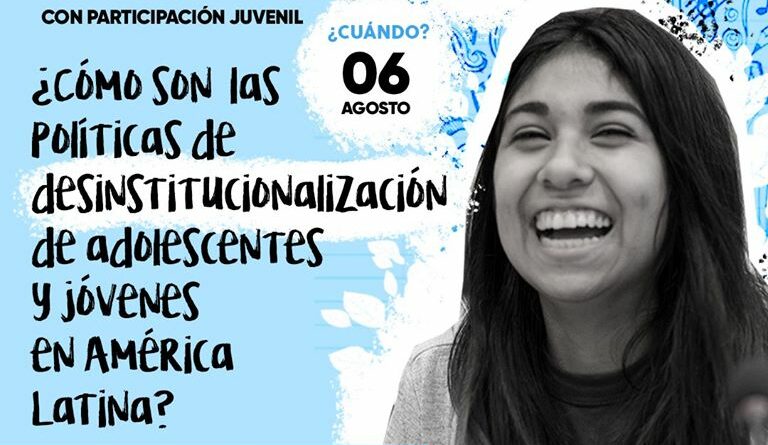New research reveals how unprepared and unsupported young Latin American people feel when they leave orphanages and other kinds of institutional care. The experience of young care-leavers must guide reform in the region.
The study, ‘More Autonomy, More Rights’, captures the experiences of 100 young people who have already left or are preparing to leave care in Argentina, Bolivia, Brazil, Colombia, Mexico, and Peru. The youngsters share the challenges they face and underline the urgent need for overall care reform in the region. This new survey also includes interviews with child care and protection system professionals in each country
One young male care leaver in Bolivia told the researchers, “When you leave the institution, they support you for a while. After that, you feel alone. It’s like they forget you.”
“You’ll figure out, my dear, how to move on”, staff told another teenager, when she asked what would happen to her when she left the institution. But “In my case, I had no one, absolutely nothing… I had spent so many years in there”, she remembers.
“These courageous and often forgotten children, adolescents and young people have shared the challenges they face”
The research confirms that the preparation for leaving care doesn’t exist or comes too late for young people who have spent time in residential facilities across Latin America. The decision to discharge youngsters from formal child protection systems is based on age alone. It doesn’t matter whether an individual teenager wants to leave an institution or feels prepared to live independently. Paradoxically, this arbitrary cut-off point is the only certainty that the system offers for children.
“Nobody told me anything… I just knew it. When the girls turned 18, they were gone”
“This research is important as it brings the voices of care leavers across Latin America to the fore”, says Victoria Olarte, Regional Director of Hope and Homes for Children in Latin America and the Caribbean.
“These courageous and often forgotten children, adolescents and young people have shared the challenges they face. Their evidence highlights the serious need for a gradual shift from an institution-based model of care-towards a system that strengthens families and provides family and community-based solutions for all children,” she confirms.
As one care leaver in Mexico told the researchers, “I entered the institution when I was 11 months old, I mean, I was a baby. Nobody told me anything… when I was growing up, they didn’t tell me anything either, I just knew it. When the girls turned 18, they were gone.”
The study was led by Doncel and the Latin American Care Leavers Network, with support from Hope and Homes for Children and Unicef LACRO, and includes recommendations to assist governments in Latin America to support care leavers as well as measures to support child protection reform as a whole in the region.
To build on the findings of ‘More Autonomy, More Rights’, the researchers will present their main findings and recommendations in a webinar via Zoom on Thursday, 6 August 2020,10:00 Mexico/16:00 BST. During the event, young people from the Latin American Network of Care Leavers will share further insights on their own experiences, the support they value most and the renewed challenges imposed by the Coronavirus pandemic. Register online or follow the event live at Centre for Solidarity and Philanthropy and Doncel’s networks.
